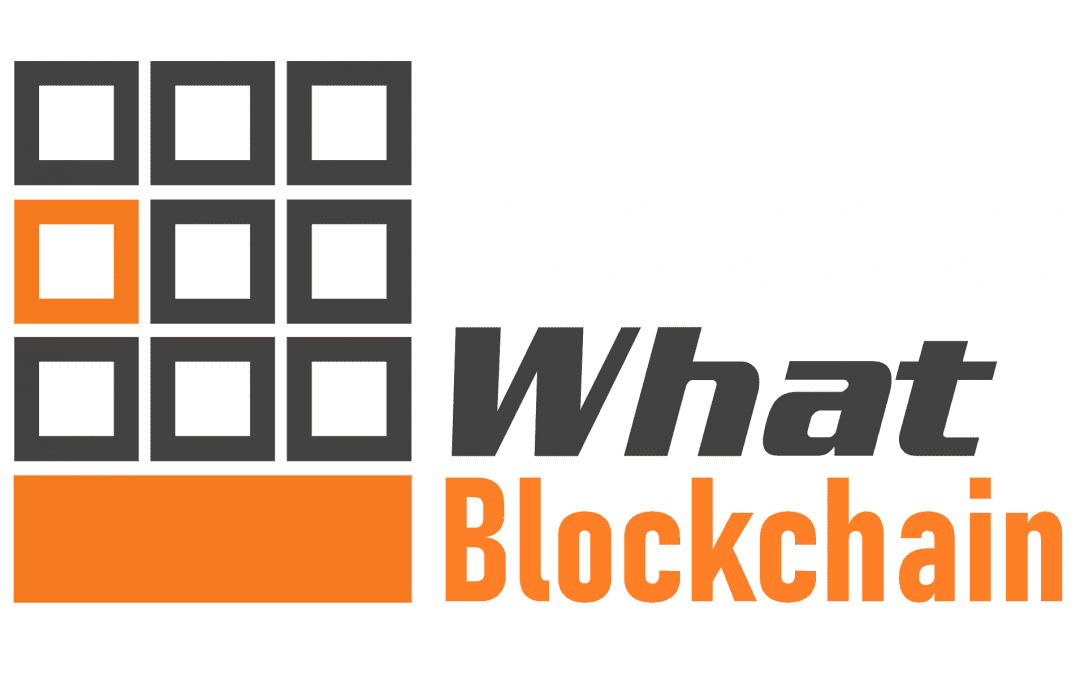This is a “Meet the vendor” profile update from MLG Blockchain on Aion Network
See the Top Blockchain Platforms compared side-by-side here: Blockchain for Business Comparison
Aion Profile Summary:
- Token Price: USD $2.46
- Total Market Cap: USD $236MM
- Volume (24): USD $1.6MM
- Circulating Token Supply: 96MM AION
- Total Token Supply:465MM AION
- Consensus Method: Ethereum (PoW → PoS)
- Blockchain: Ethereum
- Organizational Structure: Semi-Centralized
[block]9[/block]
Overview
Aion or the Aion Network is an open source blockchain protocol built by the Aion Foundation that is focused on spearheading the third generation of blockchain companies through connecting divergent blockchain networks. Nuco, a startup led by three deloitte blockchain champions in 2016 created Aion as a projected funded through an ICO in October, 2017 raising $22 Million USD. Below is an explanation of the three generations of blockchain:
1st generation
- Projects within the first generation were mostly related to alternative currencies. The first and leading project that spear-headed this generation was Bitcoin.
2nd generation
- Projects within the second generation were related to the creation of dynamic platforms that would make dApps possible. The platform that spearheaded this generation was Ethereum.
3rd Generation
- The 3rd generation is now starting to rise as there is a need to connect and seamlessly integrate operations across separate and divergent blockchain networks. This is similar to how the internet transformed simple flip phones into smartphones.
Aion’s blockchain network will allow both public and private blockchain networks to:
- Federate: Send data and value between any Aion-compliant blockchain and Ethereum.
- Scale: Provide fast transaction processing and increased data capacity to all Aion blockchains.
- Spoke: Allow the creation of customized public or private blockchains that maintain interoperability with other blockchains, but allow publishers to choose governance, consensus mechanisms, issuance, and participation.
Aion solves the following problems:
- Isolated blockchain networks that have no method of connecting with each other
- Different programming languages, protocols and structures make it difficult for blockchain networks to connect.
- Scalability is possible as currently there is a saturation of dApps on blockchain platforms.
Aion is currently in Phase 1 of its roll out and is currently working on the following properties of development:
- Aion continue to design and develop neural-netbacked consensus system to advance from traditional PoW networks.
- Utilize characteristic of Ethereum VM to modify and improve performance.
- Support a mechanism for AION tokens to flow seamlessly between Ethereum and Aion-1.
Solution
Interoperability
- Allow the creation of unlimited spokes—custom blockchains that connect with all other Aion network blockchains and allow users to customize governance, issuance, and participants.
- Provide inter-chain communication of data and value between all connected blockchains in the Aion ecosystem
- Enable the development of cross-chain dApps that can leverage and execute data and logic across all blockchains.
- Utilize a hybrid delegated consensus model with wide-spread participation through coin staking “stakers” and participants in the proof-of-intelligence algorithm “solvers”
Scalability and performance
- Commercial and government applications often require a high transaction rate. In addition, most blockchain systems have not been designed to store large amounts of data. The Aion network addresses these issues by introducing a new, high-performance virtual machine (VM) and a scalable database solution.
Customization
- Allowing custom blockchain design—including different consensus algorithms and VMs—without sacrificing interoperability.
- Pioneering a new representative consensus that uses a proof-of-intelligence staking mechanism.
Network and Platform
Aion currently supports the Solidity scripting language. The protocol’s native currency, AION, serves as the crypto economic incentive and security mechanism to power transactions and computation on the network. AION tokens are the fuel used to create new blockchains, monetize inter-chain bridges, and secure the overall network.
Enterprise Software
- Enterprises will be able to partition a blockchain to control access using Aion.
Virtual Machine
- Aion FastVM is a 128 bit virtual machine, which is based on the Ethereum virtual machine, features a wallet address which takes 32 bytes for stronger security
- the Aion FastVMwhich claims to be an enhanced version of the EthereumVirtual Machine, allowing execution of decentralized applications
Application Programming Interface (API)
- Aion currently supports Web3 and Java API.
- The Aion Java API is a Java implementation of the Aion blockchain kernel application programming interface.
- The Web3 API was included to provide the community with familiar tools and interface for interacting with the Aion network. The Web3 module is structured to work with any Aion node to provide a means of deploying smart contracts.
Consensus
- The current release utilizes a custom equihash consensus algorithm dubbed “Equihash 2109”, a modified equihash algorithm, which claims to double the memory requirement but achieves identical block times. The AION proof-of-work (PoW) protocol is based on the Equihash algorithm.
Bridging Mechanism
- Aion aims to build a generic bridge used to connect blockchains and external services through a contiguous network and provide an accountable communication maintained through the network. The first bridge iteration being built will be between the Aion network and Ethereum.
- The nodes that form the bridge will also have a process for reaching agreement amongst themselves and deciding whether to respond to a certain transaction on one of the chains by executing a corresponding one on the others.
- Bridges will be bidirectional, and will sign and broadcast an interchain transaction only if they have been sealed in the source blockchain and an interchain transaction forwarding fee has been paid, and will inform the connecting network of the merklehash updates of the participating network. Bridge validators will use a lightweight BFT-based algorithm to reach consensus. Transactions get approved only after receiving over two thirds of the total votes.
- The first iteration of the token bridge will feature a proposed trusted distributed network responsible for forwarding transfer requests from the AION ERC20 Token into Aion Coins.
Competitors
- Polkadot
- Cosmos
- Icon
- Wanchain
- Ark
- Cardano
Partnerships
Aion have announced the follow partnerships:
- SingularityNET →Utilising Aion to scale the SingularityNET platform
- Enigma →Off-chain Decentralized Computation
- SONM →Provide mining and computational power for hashing/proof-of-intelligence
- Metaverse → Cross-chain digital assets and oracles
- Moog Inc →Nuco developing a private blockchain to be compatible with Aion-1
- Bancor →Inter-chain Liquidity via Smart Tokens
- Bitt → Looking to utilise Aion as part of their Settlement Network
- Blockchain Interoperability Alliance → Aion/Wanchain/Icon are founding members of the alliance with the goal of ensuring best/common practices/standards and interoperability between interoperability platforms. They encourage other interoperability protocols to join.
Team & Experience
Aion, started by Matthew Spoke, CEO of Nuco and board member of the EEA, is a leader in the enterprise blockchain domain for nearly four years and is backed by an incredibly talented team at Nuco. Jin Tu, Nuco’s CTO has over 15 years of experience in enterprise engineering and has been involved with the blockchain industry for over four years. Matthew Spoke leads the Aion team; he is the founder of Aion and the CEO of Nuco which is a blockchain developmental focused on developing Nuco. He is also a Fintech advisor to the Ontario Securities Commission, serves on the board of directors to the Enterprise Ethereum Alliance. Matthew’s past work experiences include working at large multinational corporations such as Deloitte Canada as a blockchain specialist. The Aion network team are multi-talented and have over 23+ team members plus nine advisors working on the Aion project below I have listed some of the team members, advisors: Kesem Frank: Is the Chief Operations Officer to the project; he is also the co-founder of Nuco. His past work experiences include working at large multinationals such as Deloitte Canada where he worked as a blockchain specialist. Richa Vajpeyi: Active role as the Head of Marketing and Richa currently serves as the Director for Accente which is a curated online store. Past work experiences include working as the Program and Marketing Manager at BrandSpark international. Jinius T: Serves as the Chief Technology Officer his previous work experiences include working at Morgan Stanley as a Senior Risk Engineer, Jinus also worked for Deloitte as a Blockchain Architect& Lead Developer. Kimberly Luu: acts as the lead developer for the platform she is an honors graduate of the University of Waterloo where she specialized in Mathematics/Business Administration. Previous work experiences include working for RBC Capital Markets as a Global Loans Officer.
[block]5[/block]MLG BlockChain Consulting Visit the full blockchain platform comparison here
Looking for other blockchain use cases explained:
- https://www.whatmatrix.com/portal/wealth-and-asset-management-on-blockchain/
- https://www.whatmatrix.com/portal/blockchain-in-the-retail-industry-digital-identity-supply-chain-loyalty-programs/


Latest posts by Jeff Holek (see all)
- Meet the vendor: Aion Network (What Blockchain) - January 3, 2019
- Blockchain for the Enterprise – meet VeChain! - July 18, 2018
- New “What Blockchain for Business?” Comparison & Technology Introduction - June 8, 2018





